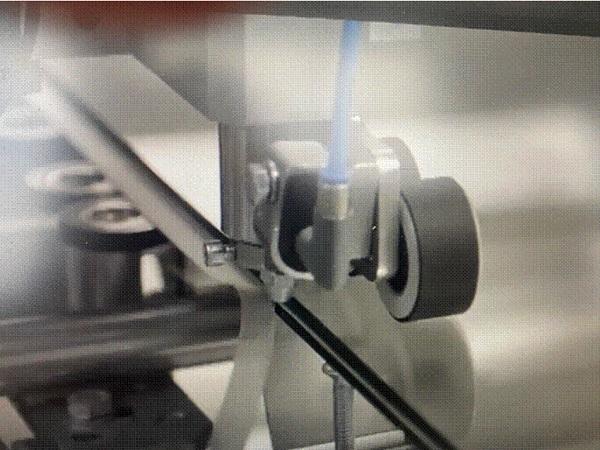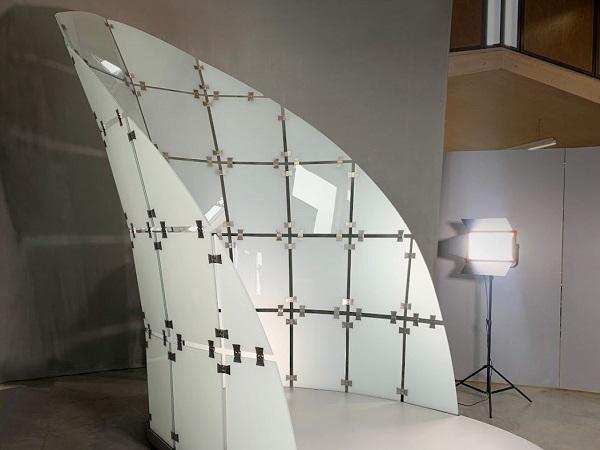Others also read
| This paper presents a study on the development of a bonded edge seal for fluid-filled insulating glass units.
| This article explores the various aspects of PVB Preparation, handling, and assembly. It explains how to store, transport, and handle PVB in order to ensure optimal performance and adhesion.
| An Interlayer Material Study Towards Circular, Dry-Assembly, Interlocking Cast Glass Block Structures
| Determination of the linear viscoelastic material behaviour of interlayers with semi-crystalline structures shown by the example of a semi-crystalline ionomer
| In this research, the structural sealed façade structure with triple IGU was investigated and the effect of the thickness of ordinary and laminated glasses.
| When we look at glass lamination, there are 3 basic systems: Nip roller system, Vacuum bag system and Autoclave free system.
| In the next session(s), Luc would like to take you through the 3 glass lamination processes in detail, going from glass and PVB requirements to design concepts.
| The main challenge in the design of the duplex façade was the high aesthetical performance that the façade had to meet.
| This paper presents work undergone for a set of four high-rise towers, featuring 11,136 unique cold-bentpanels, hundreds of which are pushed beyond 250mm.
| The paper undertakes a review of basic interlayer stack data with regards to viscoelastic properties and adhesion, and the engineering hypotheses using recent preliminary fitting test results for various loading schemes.
| This paper shows different Pummel classifications that can currently be found on the market. Subsequently, approaches to the automatization and standardization of the execution and especially the evaluation of the Pummel test are shown.
| This research revolves around the design, fabrication and testing of tubular glass columns, with particular focus on their redundancy and fire-safety mechanisms.
| This paper gives an overview of the requirements of a ship structure, and more specifically yacht structures, and describes the challenges associated with using glass as a fully integrated structural component.
| This study provides a closer look at fire performance of glass beams and proposes further examinations to increase the load-bearing capacity in case of fire.
| The economy globalizes. The industries concentrate. The productions become uniform. Cultural specificities disappear. About architecture and glass in architecture, it is the same phenomenon.
| “Going ahead of the Curve” is what the advertisement states outside of newly remodeled, Class A office building in Ottawa, Canada.
| In the second episode of #AskGlaston Flat Tempering Series, we will talk about the new solution to estimate the stress level in glass – online.
| This work focuses on the Transparent Structural Silicone Adhesive (TSSA), produced by Dow Corning.
| This latest Glastory blog by Miika Äppelqvist is dealing with the areas of the tempering process that can be improved to make operations more efficient.
| Eurocode-compliant, mesh-independent approach using the FEM
| Overview, Case Studies and Future Potentials
| This paper focuses on a recently developed concept, in which glass is combined with timber to provide post-breakage strength and ductility.
| Novel innovative glass–plastic-composite panels combining a lightweight polymer polymethylmethacrylate (PMMA) interlayer core and cover layers of thin glass are currently under development.
| Industry demand for impeccable glass quality has increased notably over the last years. Customer expectations run high, forcing glass processors to strive for ever-stricter quality control and ensure minimal rejection rates for finished products.
| The most common quality issues that arise in tempered glass are roller waves, glass distortion, bad anisotropy and white haze. In this post, we want to focus on white haze and ways to control it.























